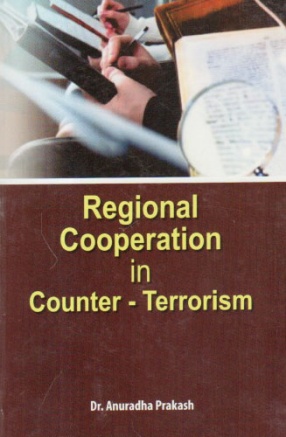Counter terrorism (also spelled counterterrorism) (also called anti-terrorism) incorporates the practice, military tactics, techniques, and strategy that government, military, law enforcement, business, and intelligence agencies use to combat or prevent terrorism. Enhancing international counter-terrorism cooperation through the participation of regional organizations has been addressed by only a small number of scholarly studies, most of them limited to analyzing counter-terrorism challenges and activities in a particular geographical region. This article attempts to fill this vacuum through examining regional contributions to global counter-terrorism efforts, particularly by exploring the role of regional organizations in implementing the United Nations Global Counter-Terrorism strategy. Regional security complex theory holds that security is a regional phenomenon, since most threats travel more easily over short distances than long ones. Indeed, in a globalized world, it would be difficult to comprehend the security dynamic of one country without inserting it into a a broader regional context and without grasping the conflicting or cooperative patterns that defines the external policy of that country with its neighbours. This book offers an accessible introduction to counterinsurgency operations a key aspect of modern warfare.
Contents: Preface. 1. Introduction. 2. America’s counterterrorism and Al-qaeda. 3. US-India counter-terrorism cooperation. 4. National security justification for counter terrorism responses. 5. Counter terrorism and human rights protection. 6. Counterterrorism: diplomatic and intelligence operations. 7. Pakistan’s counterterrorism. 8. Counter-terrorism and national security of African states. 9. Counternetwar. Bibliography. Index.





There are no reviews yet.